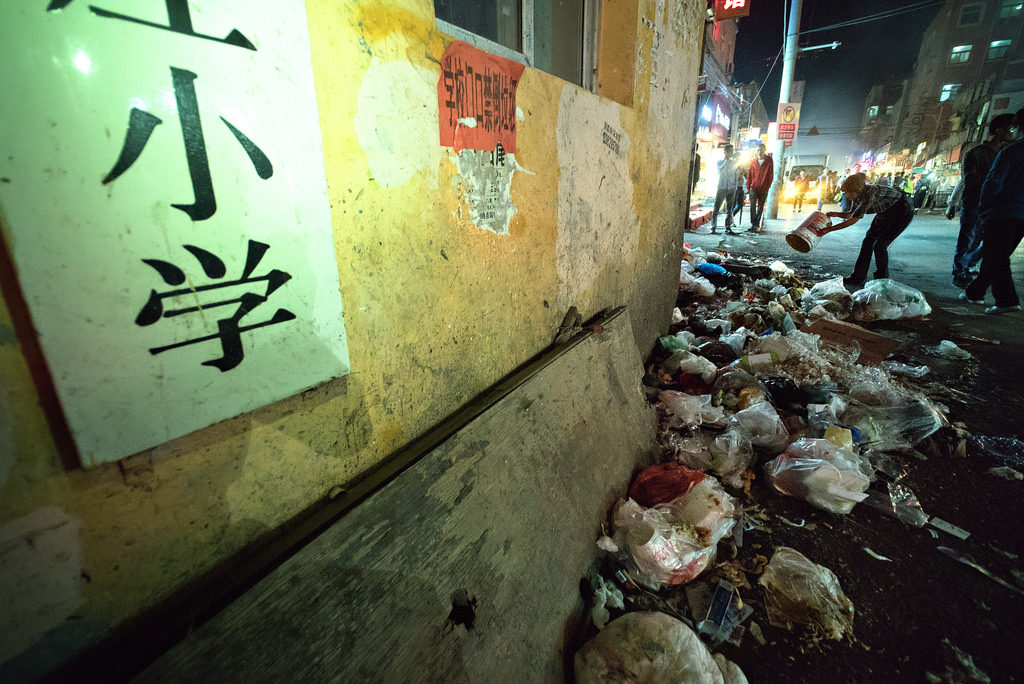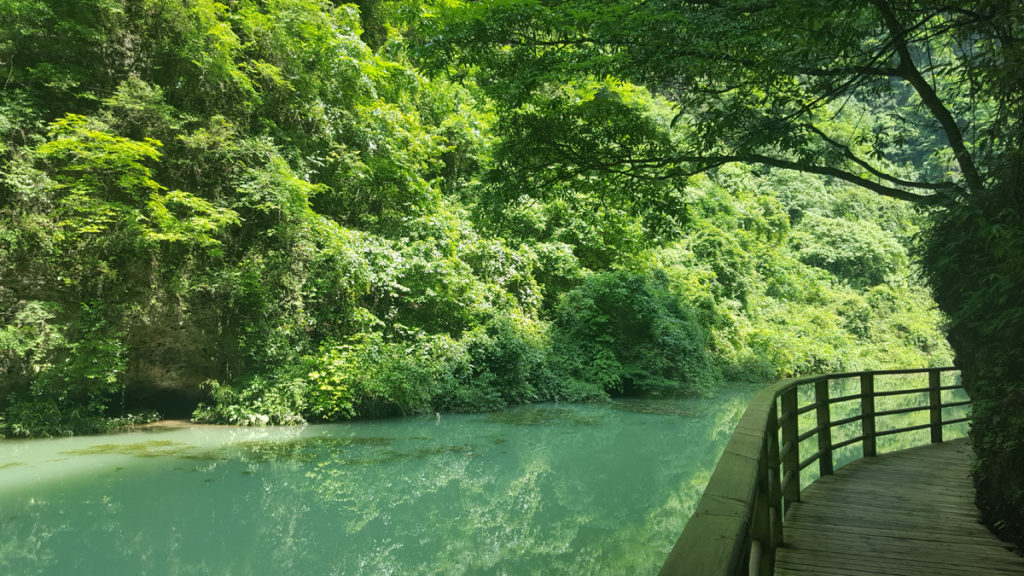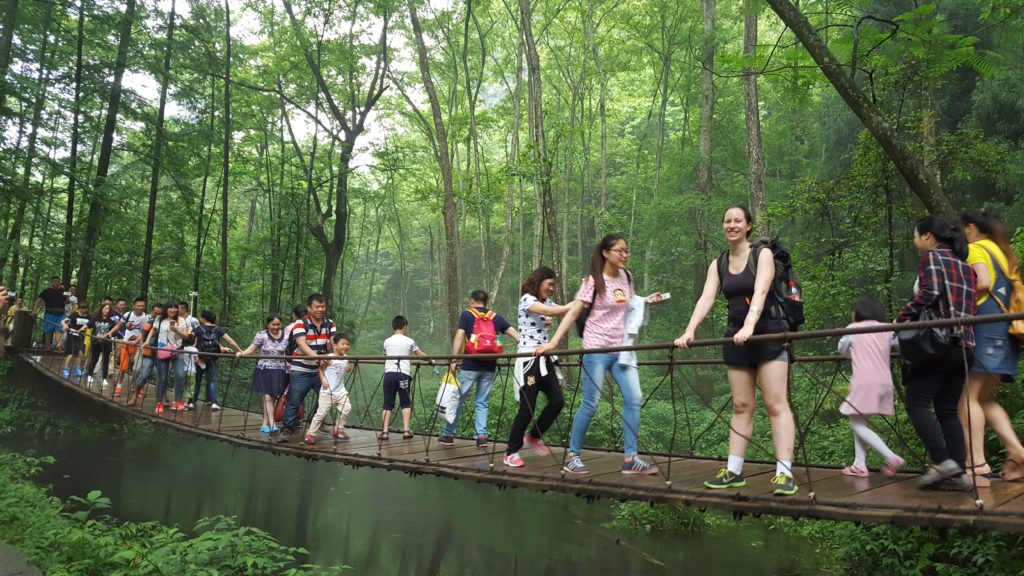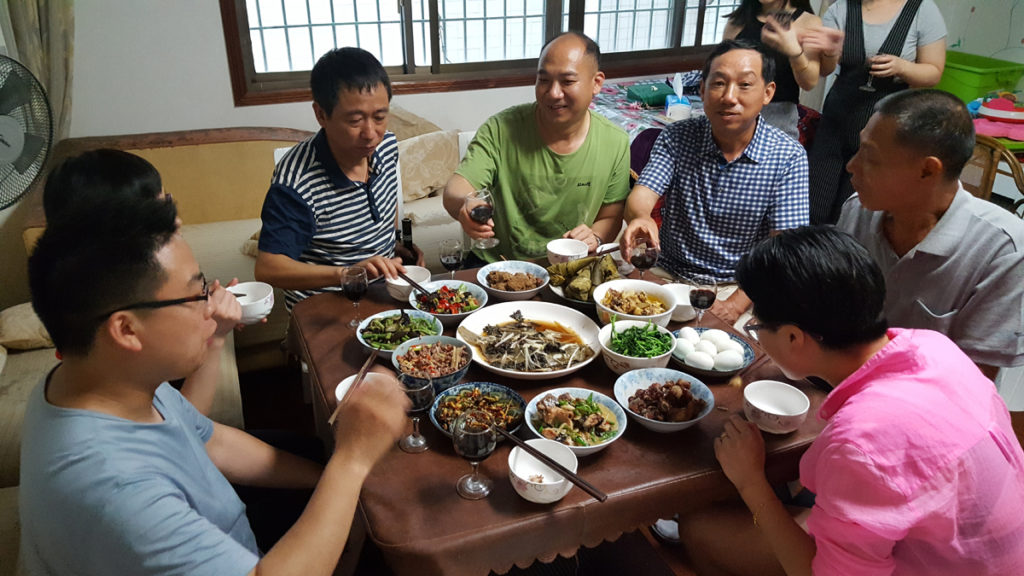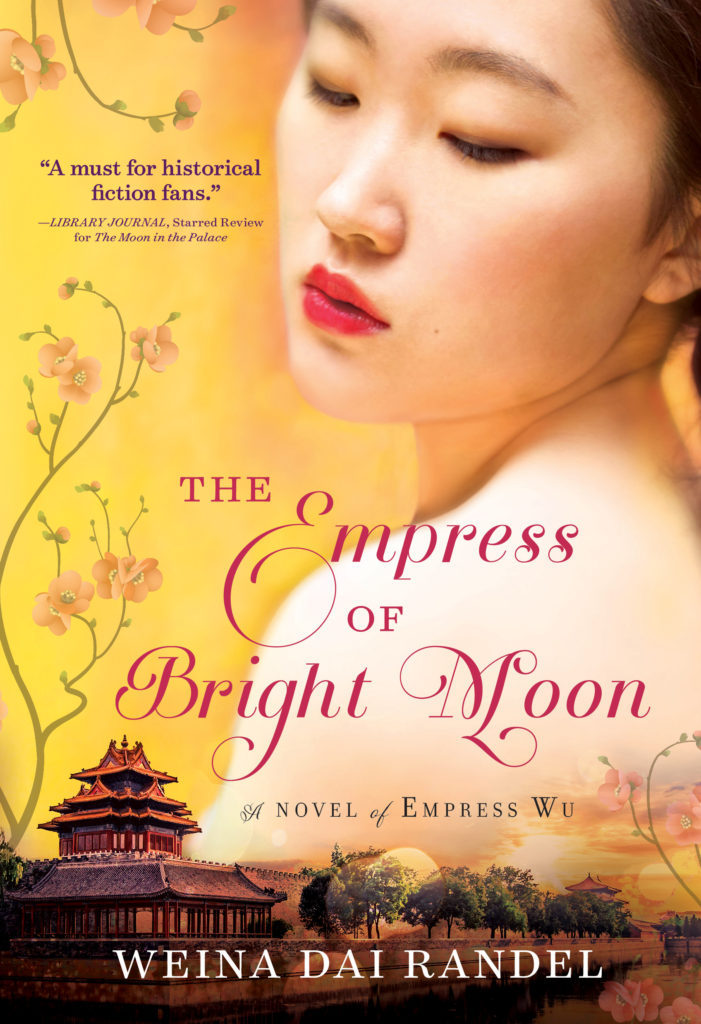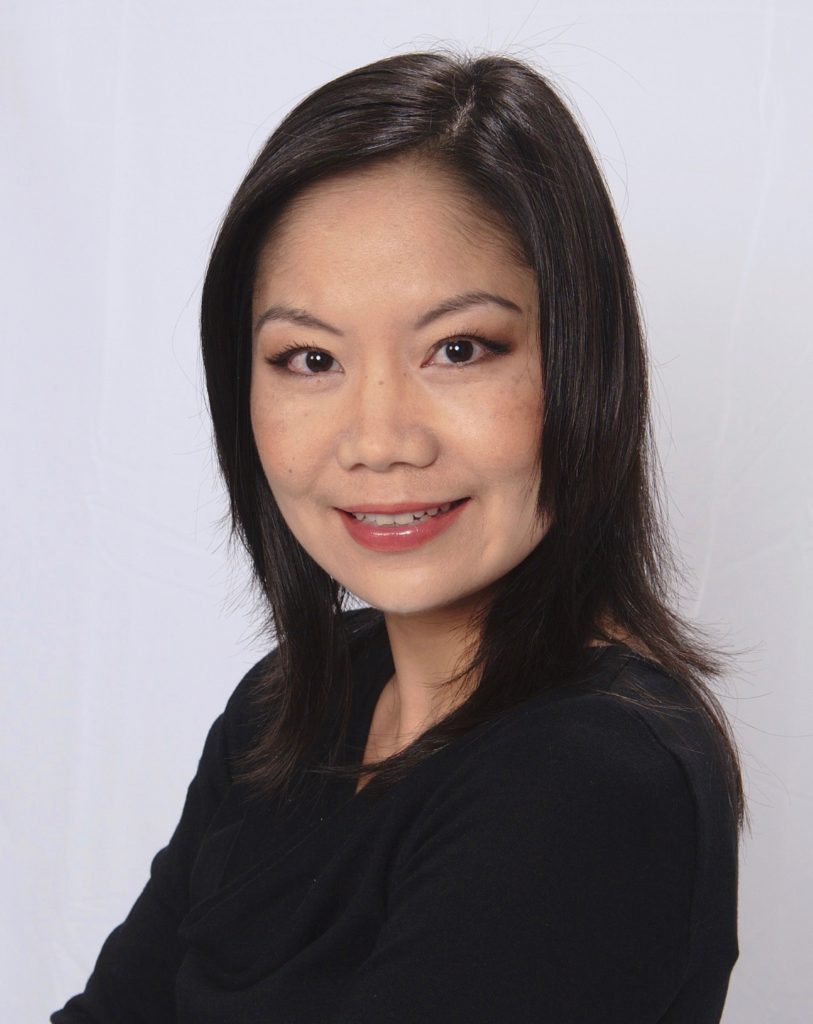I am very delighted today to post my first book review and interview with talented author, Weina Dai Randel!
The Moon in the Palace is the tale of China’s famous (and only) empress, Wuzetian.
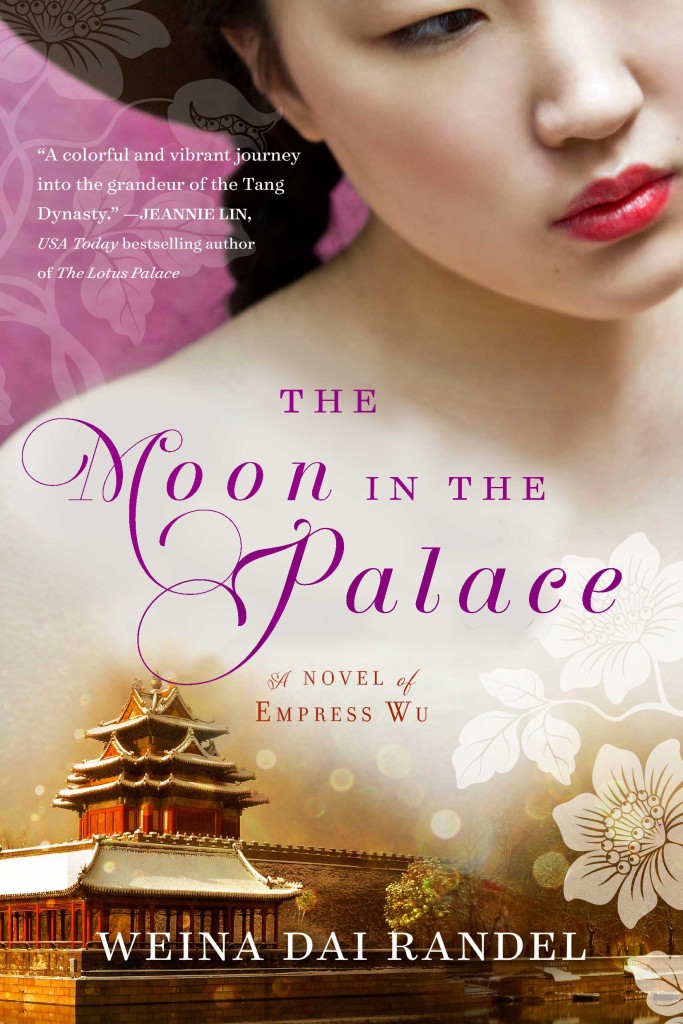
I first learned about Wuzetian in my Chinese language class at Tsinghua University, where I was forced to learn words such as “decapitate,” “sever” and “jar in a head” in order to read and understand the gruesome tale of China’s empress. While my Chinese language book’s rendition of her history and reign painted her as an ice cold queen who ruled with cunning and fear, a part of me still wondered: Could China’s one and only empress be that ruthless? Is there a back story?
Well, my wish was heard with Weina’s book falling into my hands. Weina tells Wuzetian’s story not merely as a biography–but as a colorful and human tale of a girl who has to make heart wrenching decisions while struggling to survive in a brutal dynasty.
First of all, I must say: I love this book. Honestly. I wasn’t paid to say this. IT’S VERY, VERY GOOD.
I haven’t had a book push me to turn pages and read for hours on end for YEARS. Reading this book brought me back to my younger years where I was so engrossed in a book I forgot about the outside world and focused only on one thing: what happens next. When I say this book is a page turner, I mean it. I guarantee you will fly through it in a week, tops.
Without further ado, I’ll have the author introduce herself and The Moon in The Palace!
Please tell me about yourself and why you became a writer.
I was born in China and grew up there. I came to U.S. when I was twenty-four. I’ve been living in Texas for almost fifteen years.
I think I’ve always wanted to be a writer. I read a lot when I grew up, not just regular kids’ books with pictures, but those serious large volume novels. I began to read the popular wuxia novels written by Jin Yong, Liang Yusheng and Gulong in third grade, and when I was in fourth grade, I already finished reading Dreams in a Red Mansion. Why these serious stuff? You may ask. The truth is I couldn’t find any books for kids in my parents’ house. Those serious stuff were my older brother and older sister’s, and I had to steal from their night stands at night and return them in the morning so they wouldn’t find out. I think my earliest seed of wanting to be a writer came from reading those books.
I actually tried to write a novel one summer. I was still in elementary school, I think, and I only finished one paragraph! But when I was in fourth grade, I published my first short story, and I became a little reporter of the magazine. I was thrilled. After that, I often fancied to become a writer.
How and when did you first become interested in China’s history?
I was always interested in history, any history, not just China’s history. It’s in my blood, I think. I grew up memorizing and reciting the poems composed in ancient time, and I was always fascinated with powerful stories in the past and courageous figures who made impact on the other people’s lives. So in a way, to me, the past was gone, but the stories always stay with me.
For those who do not know her, could you give a brief introduction and summary of Wu Ze Tian?
Empress Wu, daughter of a governor, was summoned to serve Emperor Taizong when she was thirteen. After Emperor Taizong’s death, she became the wife of the emperor’s son, Emperor Gaozong. The Emperor, who suffered strokes that robbed him of vision, appointed her as the co-ruler of the country and after his death Empress Wu denounced Tang Dynasty and founded her own dynasty, Zhou Dynasty, and became the first and only female to rule China in her own name. Under her reign, China blossomed; literature, art, architecture, and trade reached zeniths unmatched in other dynasties and China became a role model for its many neighboring countries. Her reign, lasting as long as half a century, was highlighted in the Chinese history and praised as the Golden Age.
Why Wu Ze Tian? What was your inspiration for writing the book?
I was inspired to write about a strong Chinese woman after I read Maxine Hong Kingston’s The Woman Warrior in graduate school. The book had a chapter about an unmarried woman who drowned herself because she was pregnant and her pregnancy was considered as a disgrace to her family and the village. I didn’t like that story, and I wanted to tell my friends in U.S. that China had many strong and successful women. Empress Wu was the first woman I had thought of.
However, when I began to research about her, I realized that even though she was a household name in China, she’s not well-known in U.S. So I decided to write her story and introduce her to American readers, and perhaps, also introduce Chinese culture and my favorite classic Chinese literature to American readers.
How much of this story is true?
You know I’m very happy you asked this question! It’s wonderful to hear readers ask how much is true after they finish reading. This is one of my goals, too, that readers will be intrigued by the novel and investigate further.
So to answer your question, the following is true:
1). All the male with names, except the eunuch, are true. They were real people who existed during the Tang Dynasty.
2). The women, such as Mei, Mei’s mother, the Noble Lady, who is also known as the daughter of Emperor Yang, the Xu Girl, Empress Wende, are true. And no. Jewel is fictional. And all Mei’s friends in the Inner Court, such as Plum and Daisy are fictional.
**Possible Spoilers!**
3). The attempted assassination of Emperor Taizong is true. It was recorded. So was his illness. Although many historians were not sure if it was stroke or something else.
4) The background information of Emperor Taizong killing his brothers, the incident at the Xuan Wu Gate, is also true. It was recorded, although the perspective may be different, depending on who wrote the history.
5). The rebellions of the Crown Prince Li Cheng Qian and Prince Yo are true, although historical record indicated they were plotted separately and did not cause any serious damage on the palace. So you can guess, the punishment of the Uncle and the Crown Prince and Prince Yo is also true, even though the rampage through the palace is fictional.
6) Much of the cultural elements, such as the Adulthood Ceremony, the Emperor’s bedding schedule, the polo game, the hierarchy of the palace are also true.
How much research did you do for this book? It’s very in-depth!
Ah, all the research I did. I spent three years just to gather all the relevant material about Empress Wu and Tang Dynasty, and of course that was not enough.
I also spent more than another three years to study classic Chinese literature, Shi Jing, The Art of War, Confucius’ Analects, Lao Tzu’s Tao Te Jing, Ban Zhao’s The Book for Women, and numerous poems composed during Han Dynasty, Tang Dynasty, and even Song Dynasty, so I could have a feel of living in the ancient world in China.
I also read a lot of scholarly articles, dissertations, papers, that focused on Tang Dynasty, and many books solely discussing many aspects of life in Tang Dynasty, such as Charles Benn’s Daily Life in Traditional China and all of Edward H. Schafer’s books about Tang Dynasty.
I also dug into many articles regarding architecture, rituals, silkworm farming, silk weaving, Silk Road, polo game, and women’s dowry, and their lives in and outside palace in general.
Even when I was writing, I continued to review the exotics, the grooming of horses, and the imperial stables, etc. So in conclusion, I guess I can say the research was an education of almost ten years.
I noticed the main character “Mei” quotes Lao Tzu quite often. Was Wu Ze Tian as educated as she is in your book, or is her interest in the Art of War an influence from your personal interest, or both? read more

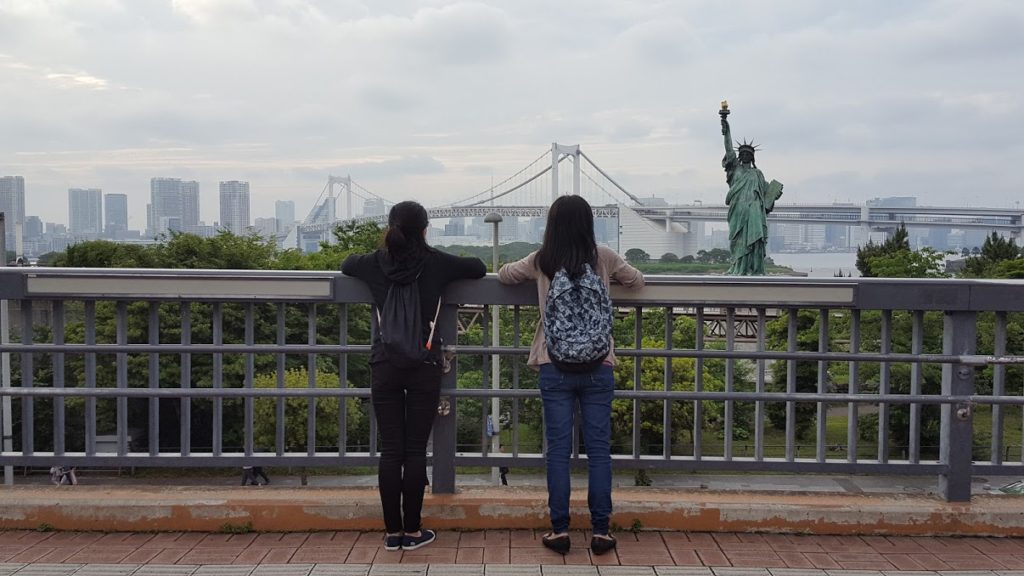
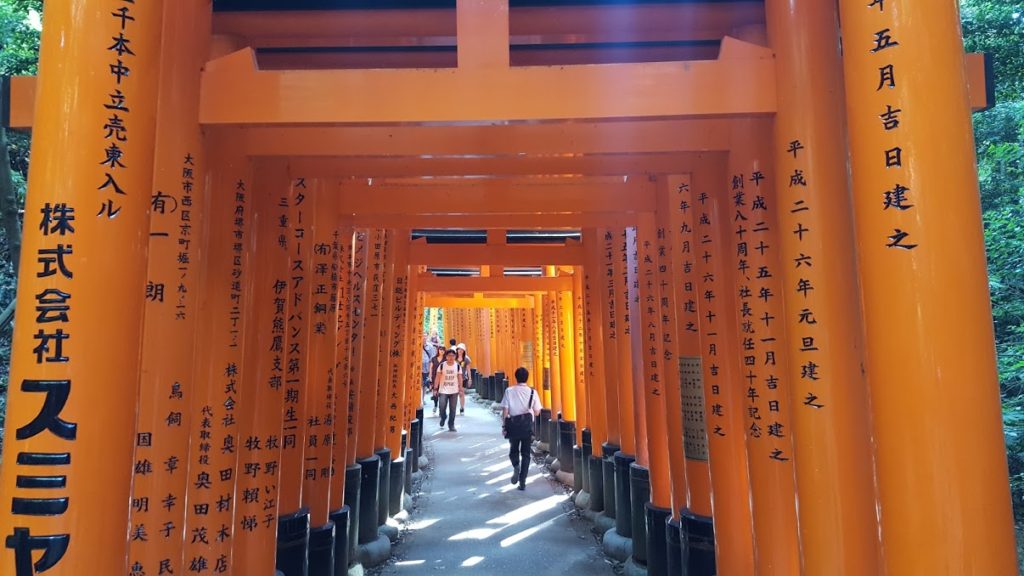
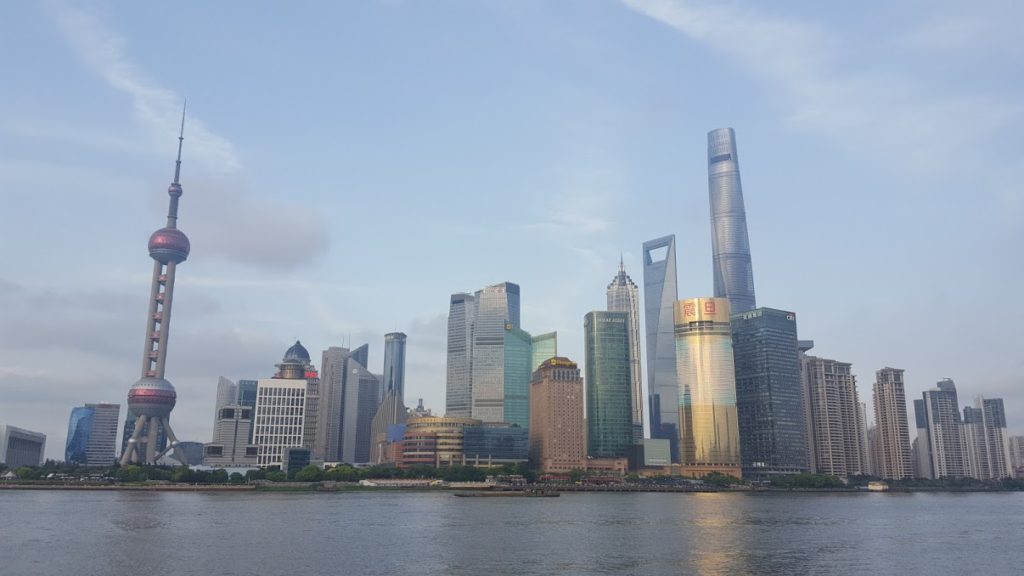
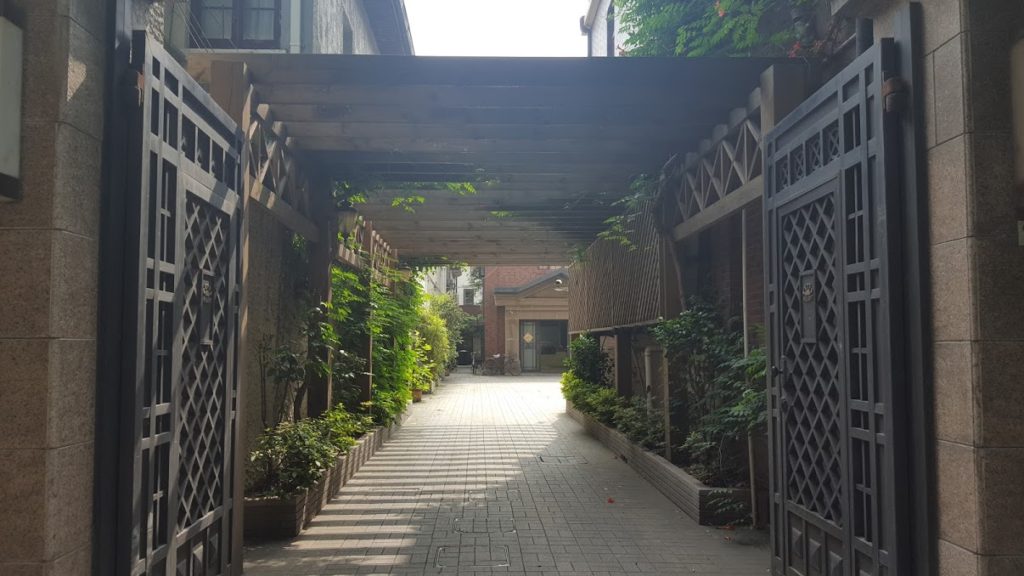
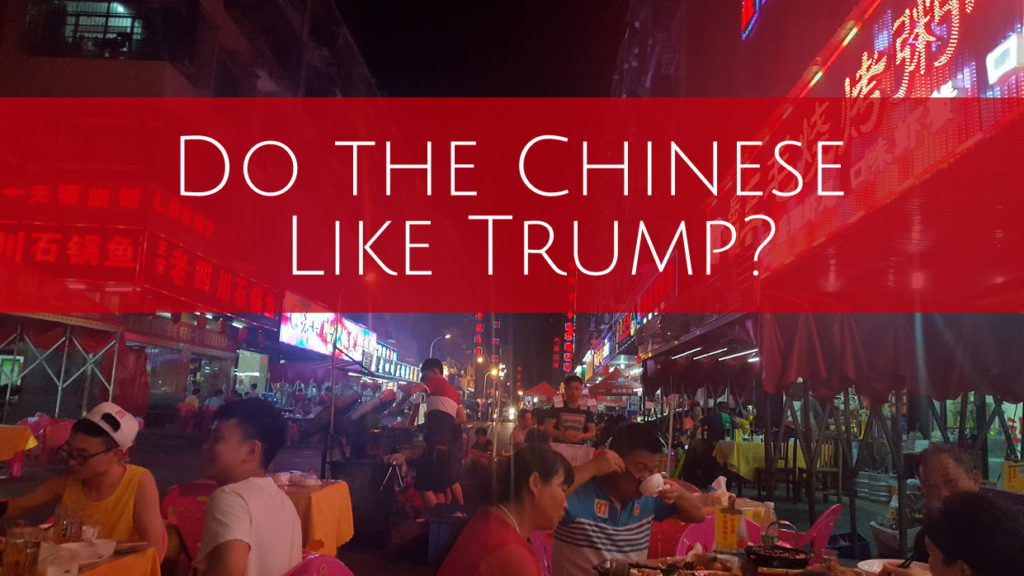
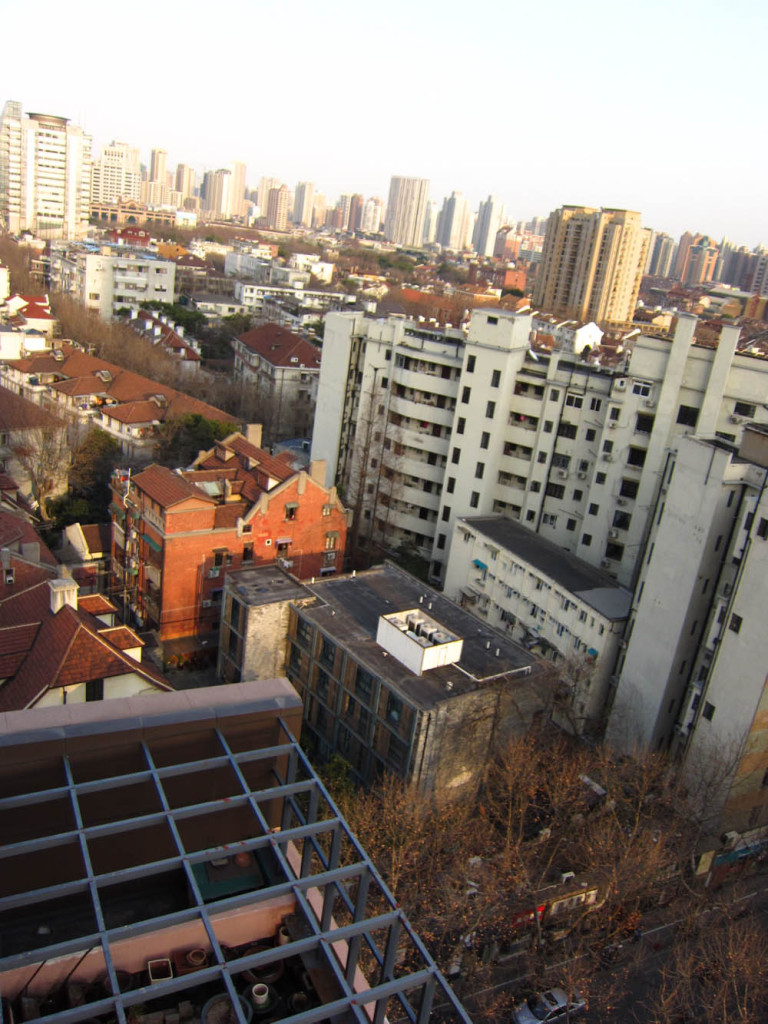
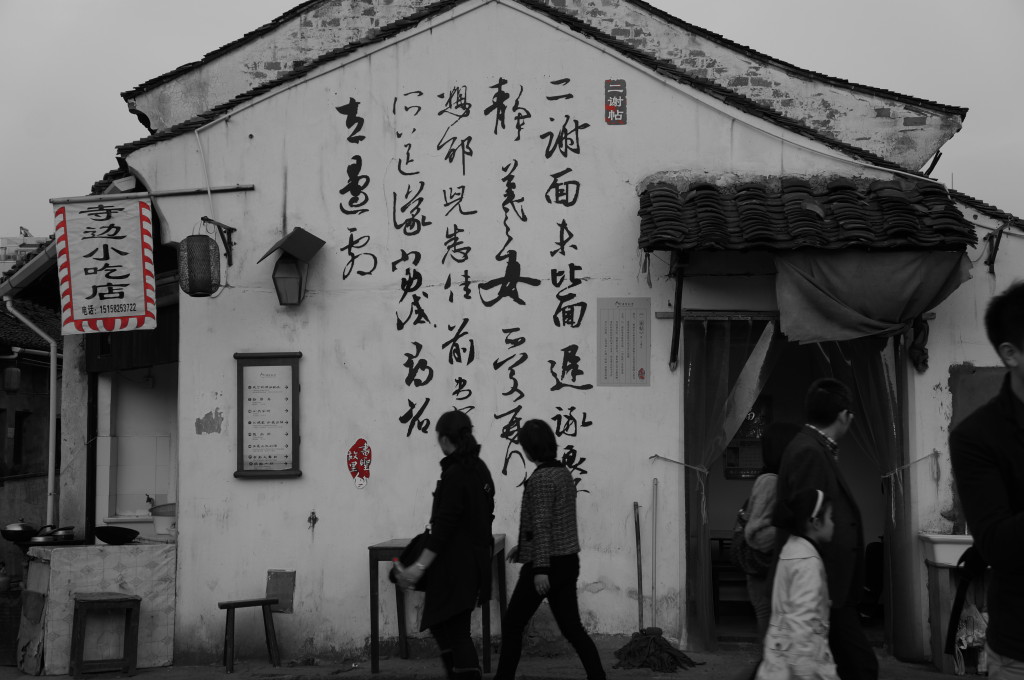
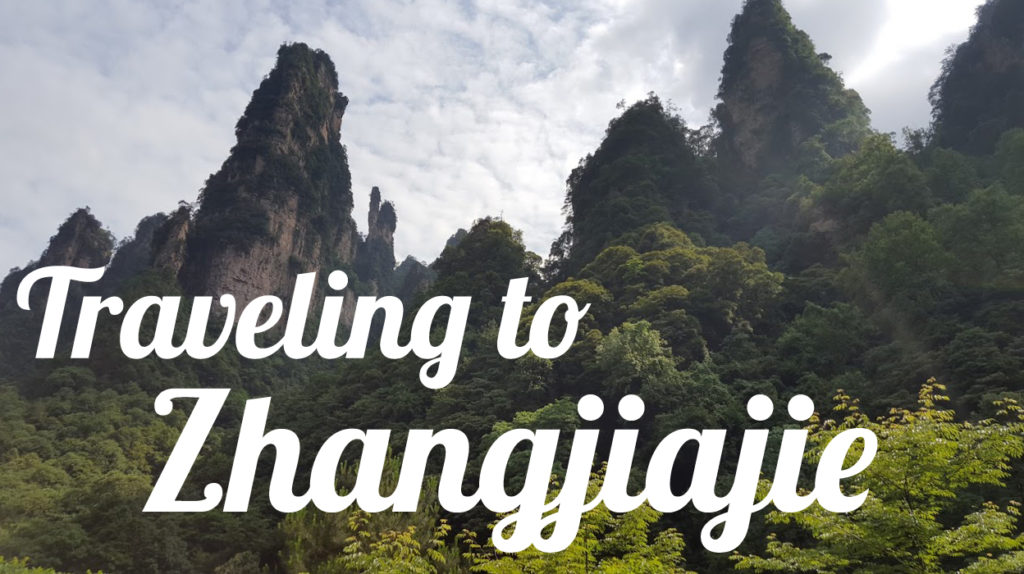
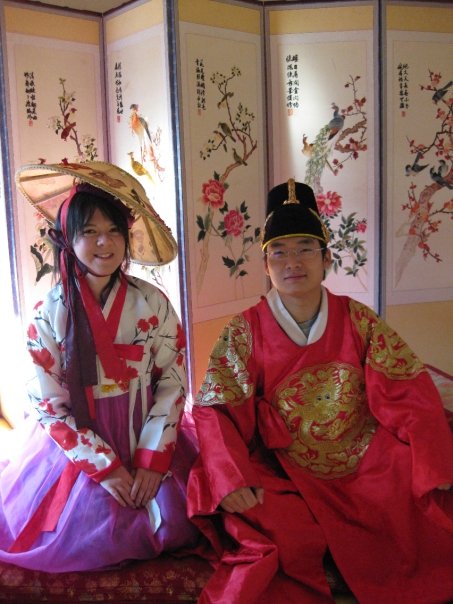
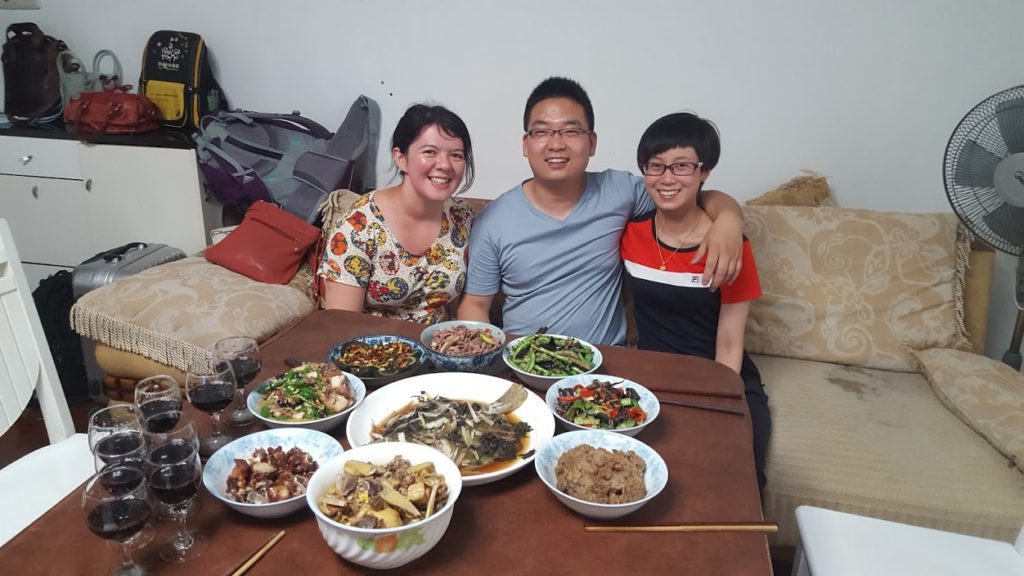
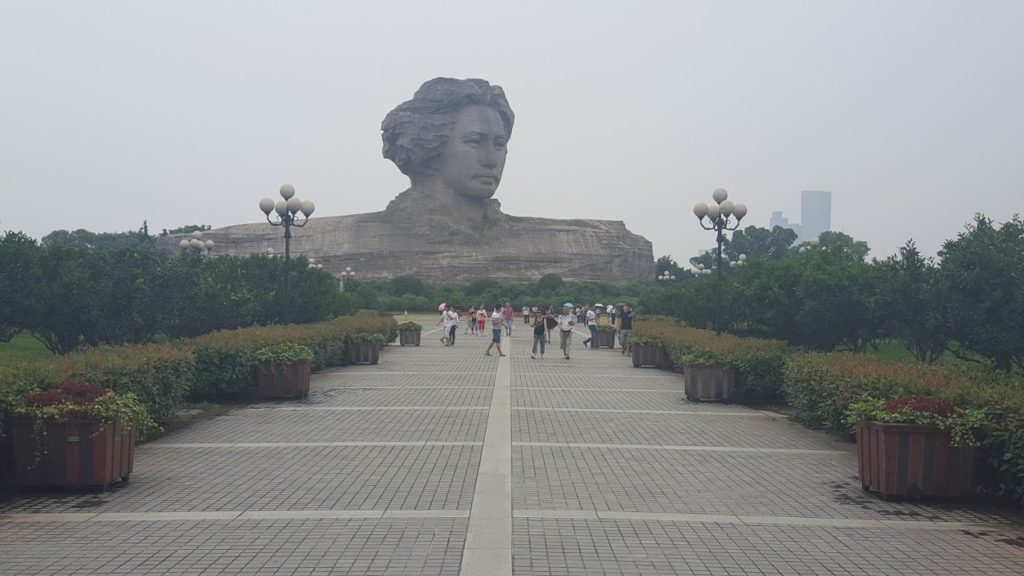
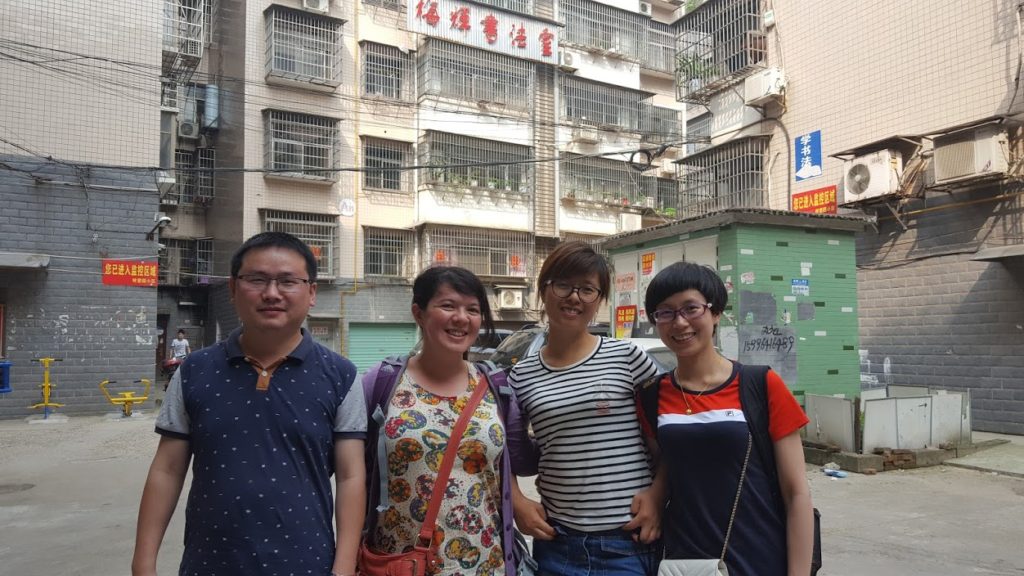
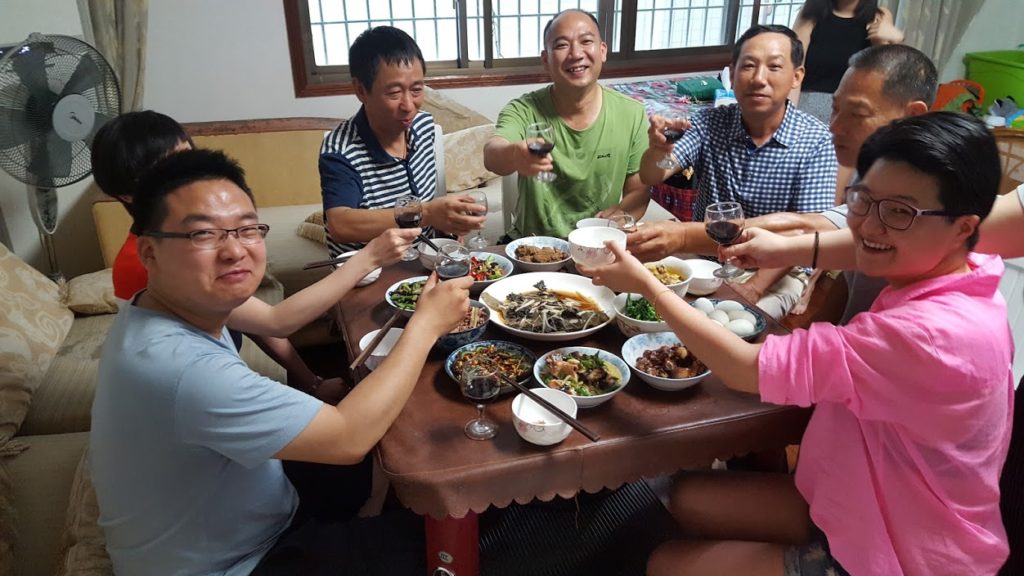
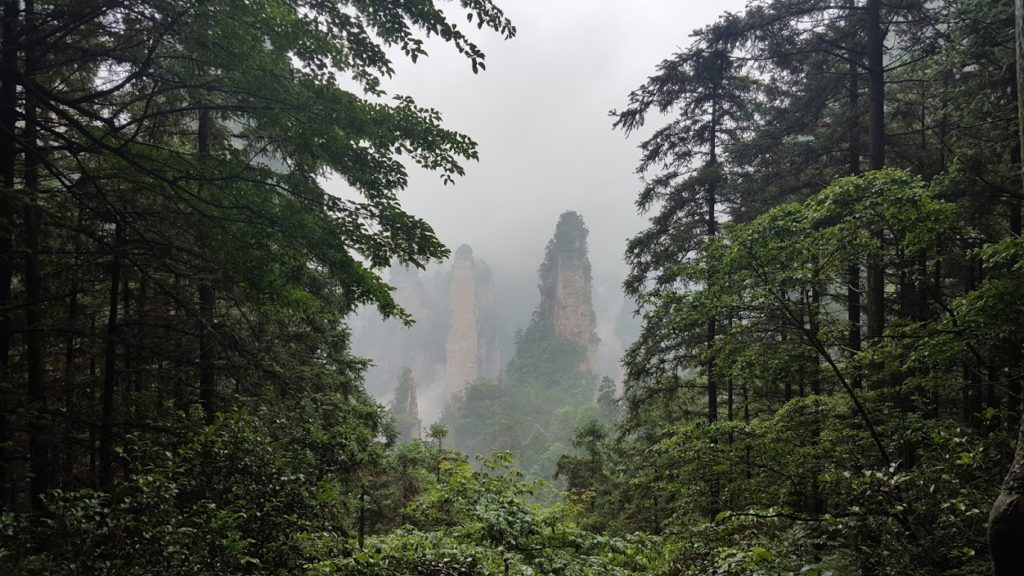
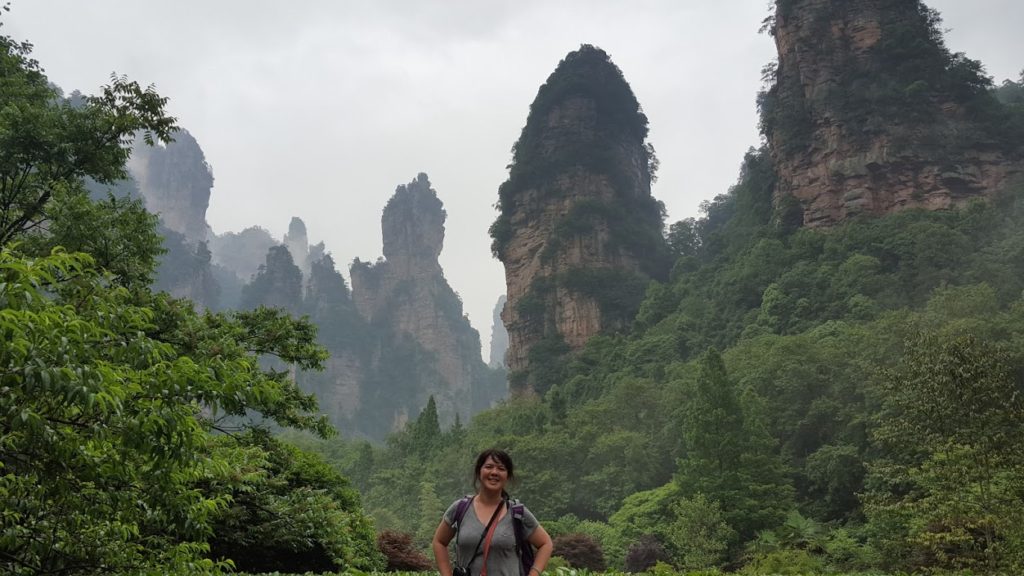
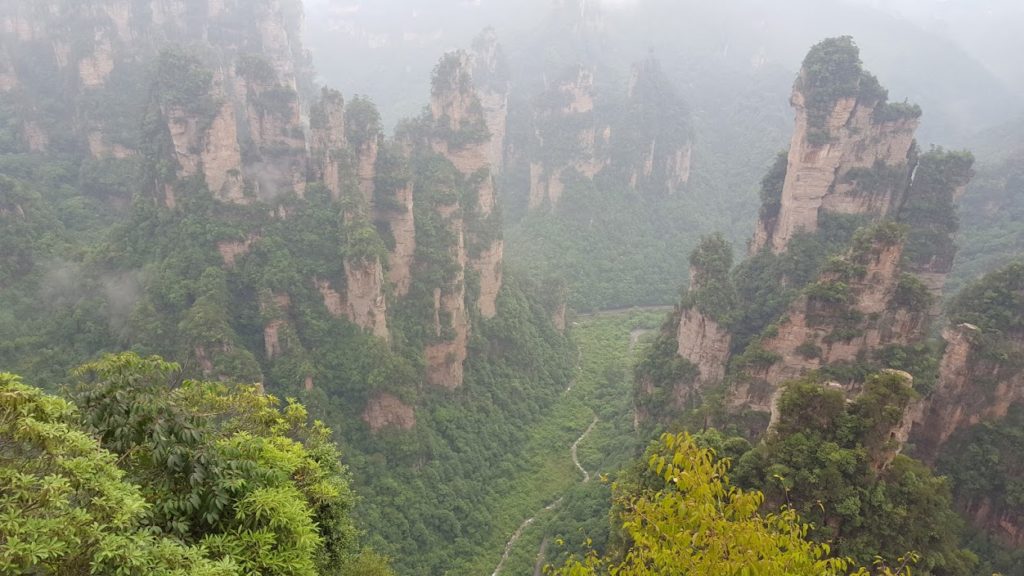
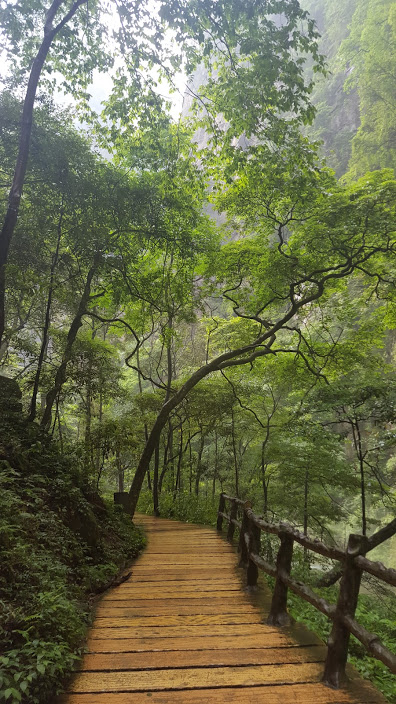
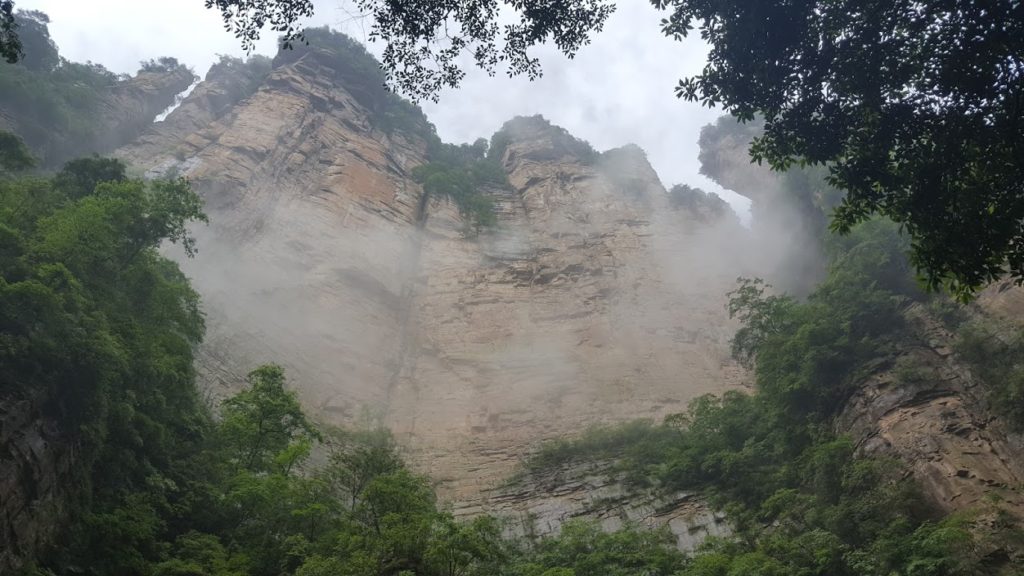
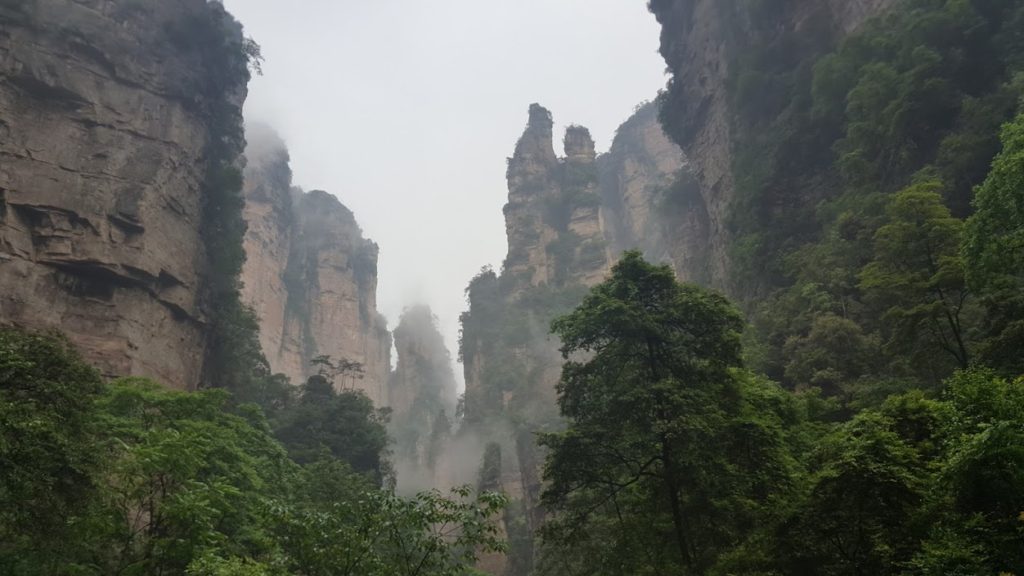

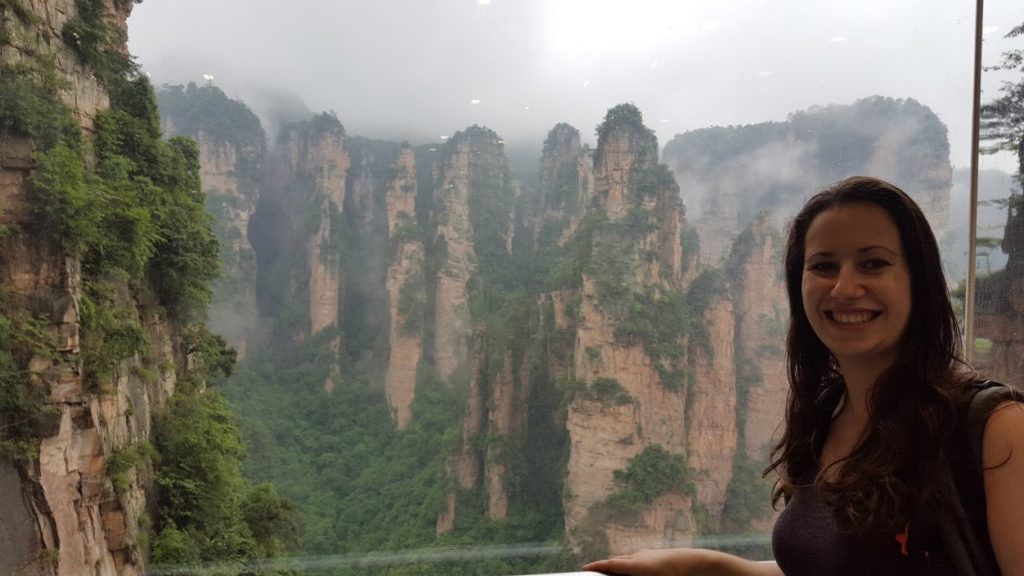
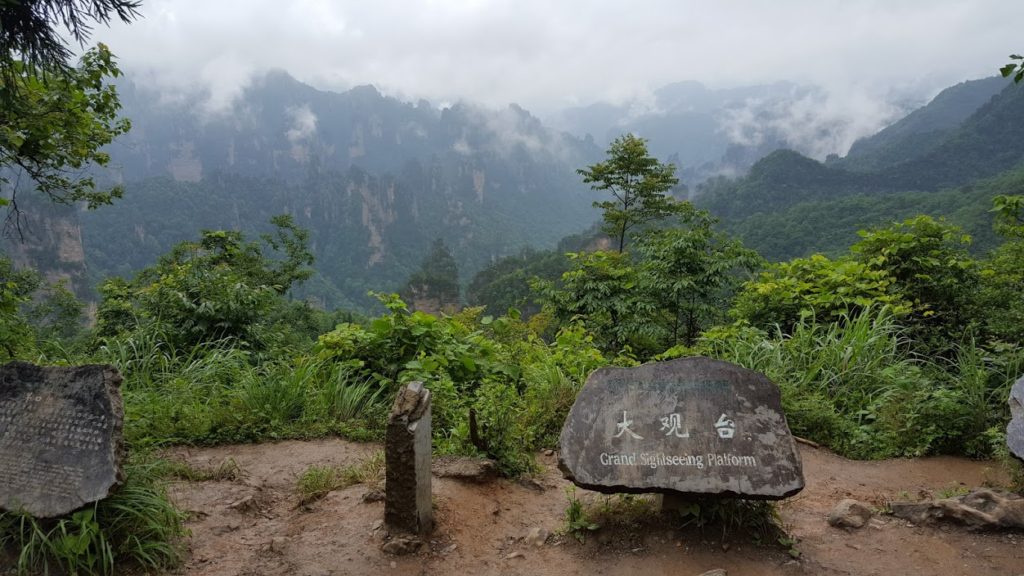
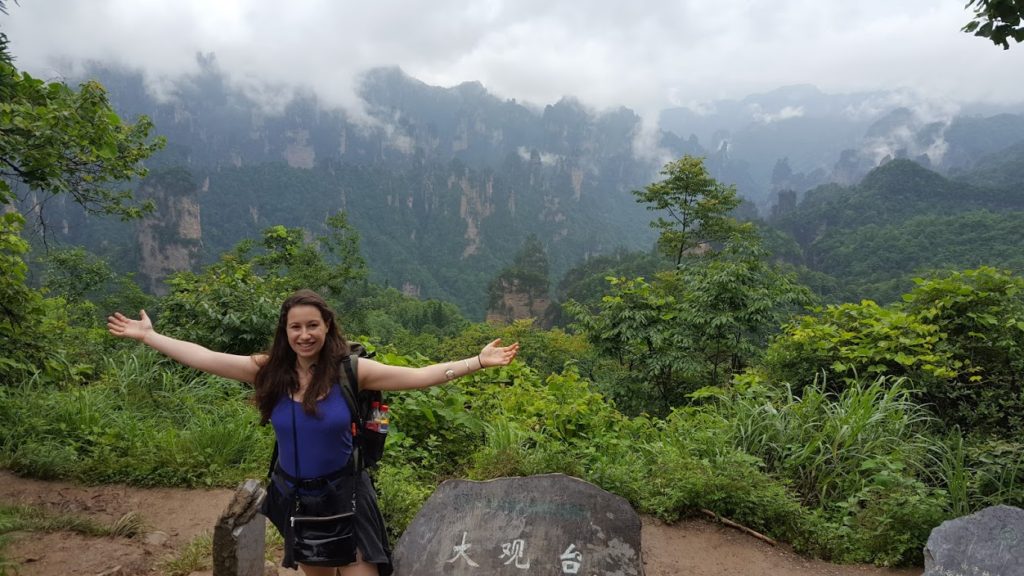
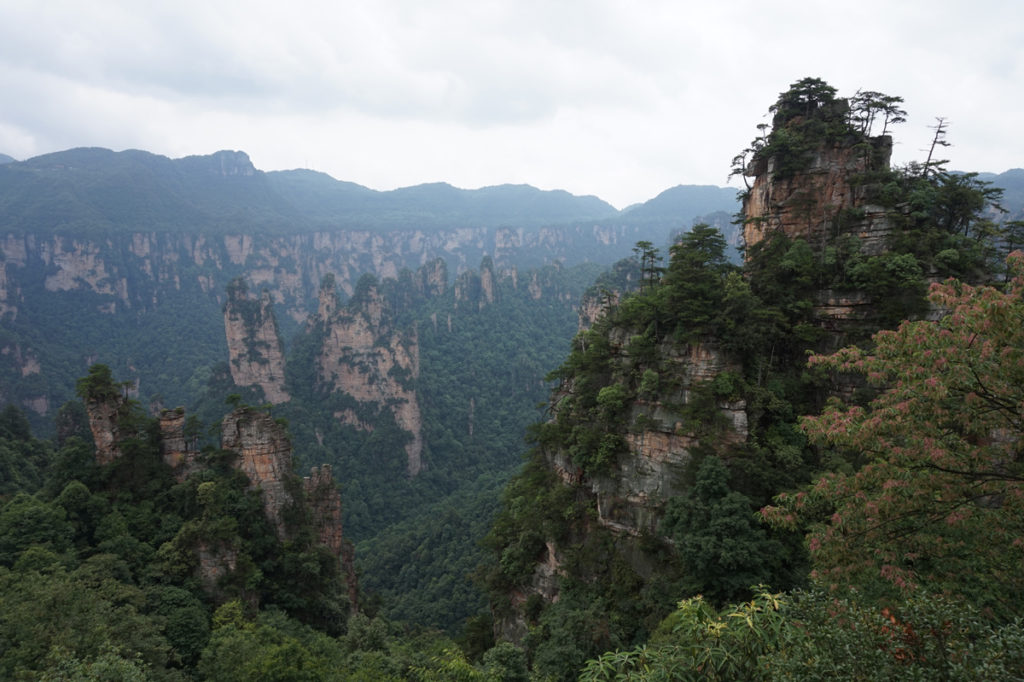
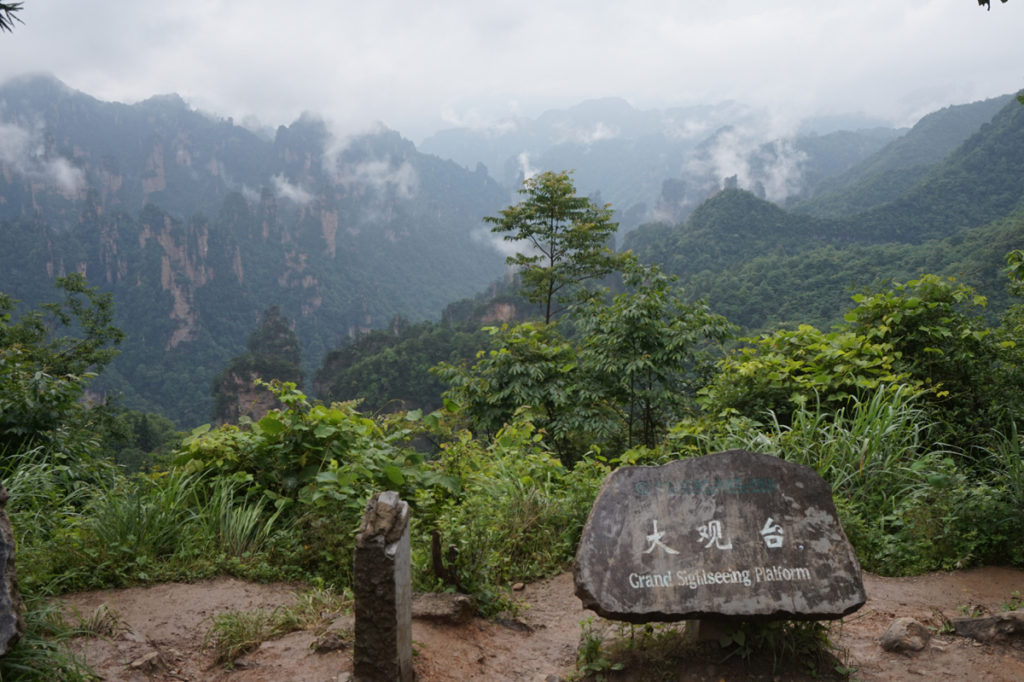
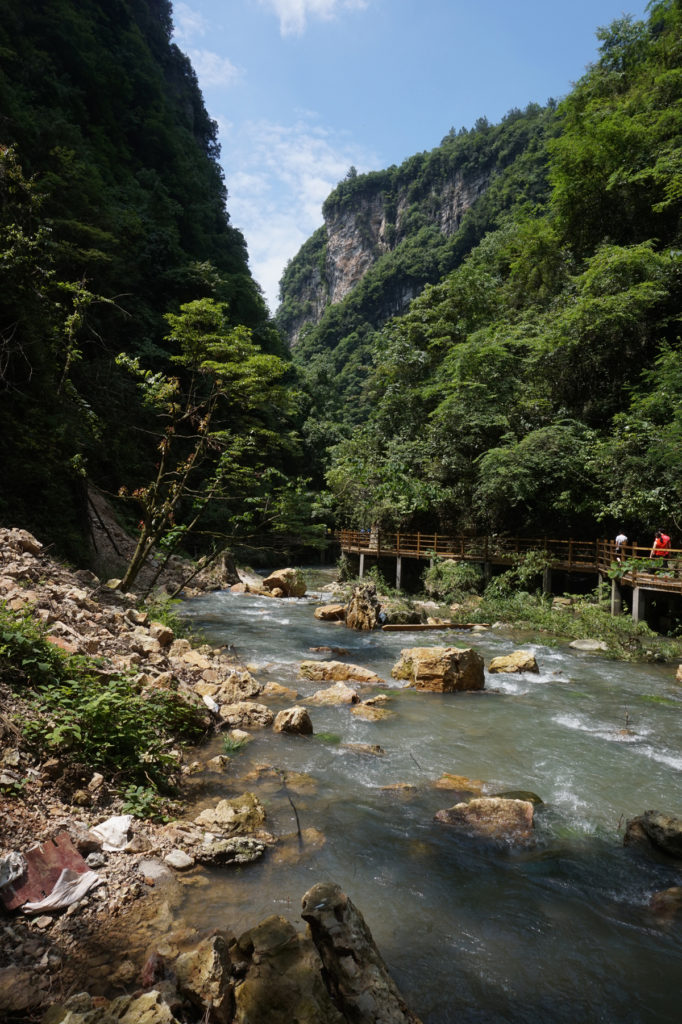
![Emilien ETIENNE [ - THE SMOKER - ] via photopin (license)](http://rubyronin.com/wp-content/uploads/2016/10/24462316945_f0824cb18a_b.jpg)
